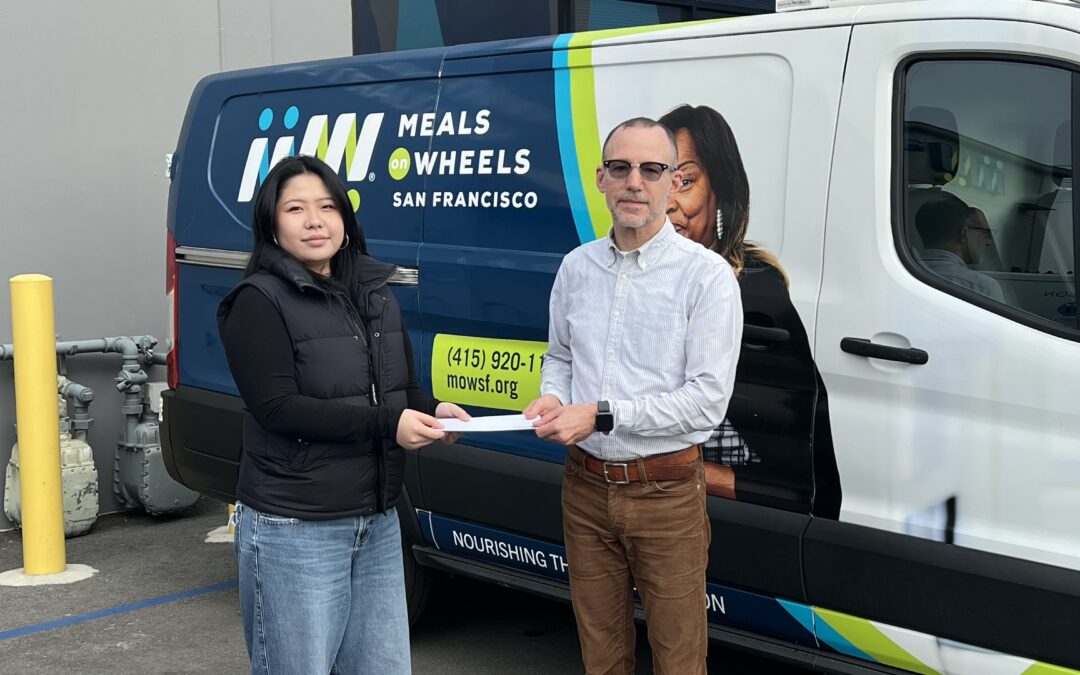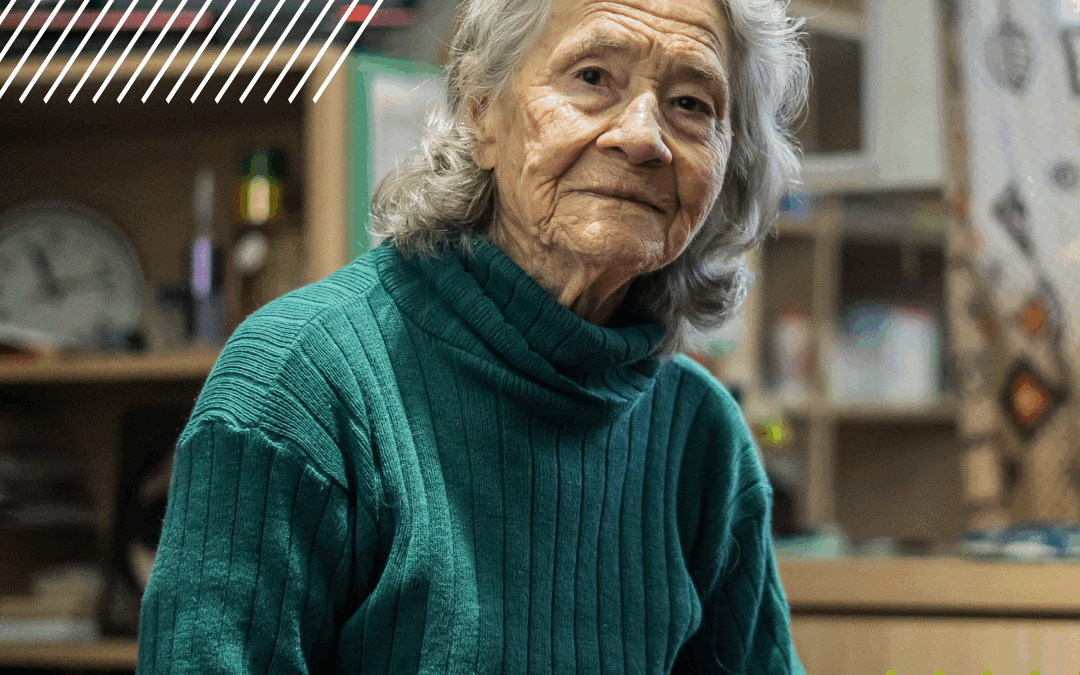It’s hard to believe that one year ago our fabric of normalcy began to tear with the news that a virus was here and that it had the potential to make many people ill or worse.
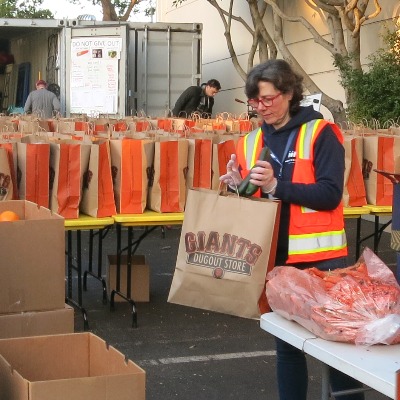
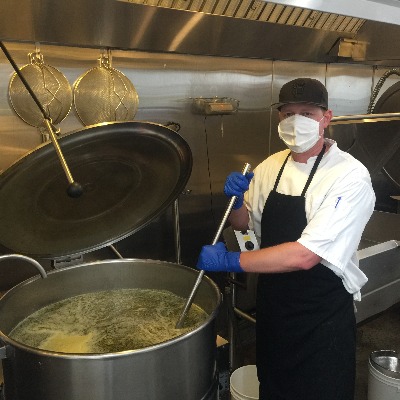

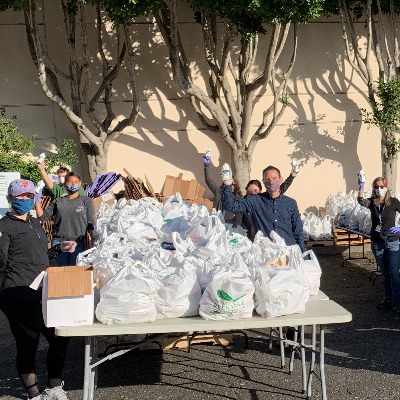
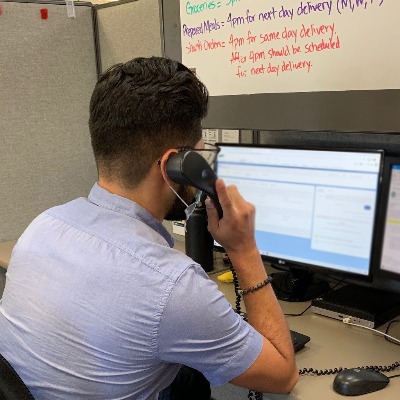
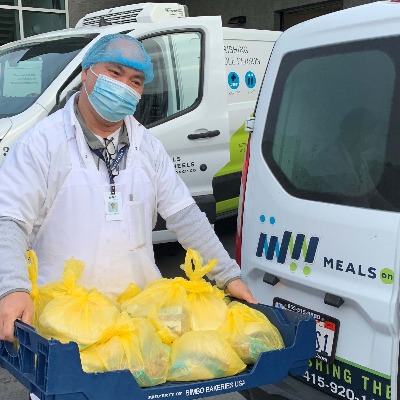
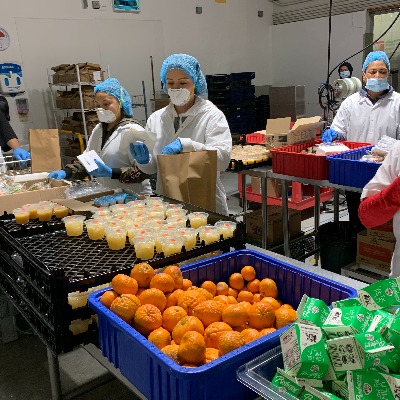
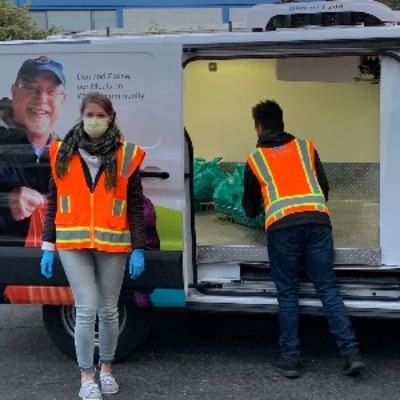
Last March, we began to understand the impact coronavirus has on those with compromised immune systems, and underlying health conditions.
One year ago, we sheltered-in-place in order to save lives and stop this virus that had the ability to spread from one unknowing person to another. One year ago, we learned new terms such as social distancing, asymptomatic, pandemic, and Zoom. Elbow bumps became the new handshake. We learned how truly valuable first-responders and nurses are and leaned out our windows nightly to clang pots and pans creating a cacophony of sound to show our support for them. Our hearts went out to all of the businesses that shuttered, especially those in the food and wine industries who have always been generous to Meals on Wheels. One year ago we also learned how a global pandemic impacts underserved communities of color exponentially.
One year ago, staff and volunteers at Meals on Wheels San Francisco had an important fact confirmed — there are many more San Franciscans living on the margins than we could have ever imagined. The pandemic gave us no choice but to adjust critical operations from meal production to delivery and everything in between in order to ensure that meals were made daily and that every older San Franciscan on our home-delivered meals program received those meals without interruption.
In 2020, we produced and delivered 2.4 million meals and groceries to the homes of more than 16,000 San Franciscans of all ages — 3x the number of people who would normally be on our program and the most we’ve ever seen in one year since our founding in 1970.


These numbers include something we’ve never done before: provide meals to anyone, no matter what their age, who were impacted by COVID-19 and needed to quarantine and isolate. In June, partnering with San Francisco’s COVID Command Center and SF-Marin Food Bank, we began managing the IQ hotline — a source for San Franciscans to call up and request home-delivered meals and groceries for themselves and their families while they quarantined. In all, more than 11,000 people — adults and youth — relied on Meals on Wheels for their food during the six months we operated the hotline.
One year later, coronavirus vaccinations underway. We’re all hoping for a return to normalcy (or at least normal-adjacent) soon. Meals on Wheels is planning for the future, particularly when federal funding for emergency pandemic meal programs end, and those individuals who relied on that source for meals, turn to us for continued sustenance.
We want to thank everyone who has and continues to support us and more importantly, for supporting thousands of seniors who rely on us for their daily nourishment and more. We’re truly stronger together for the greater good.

